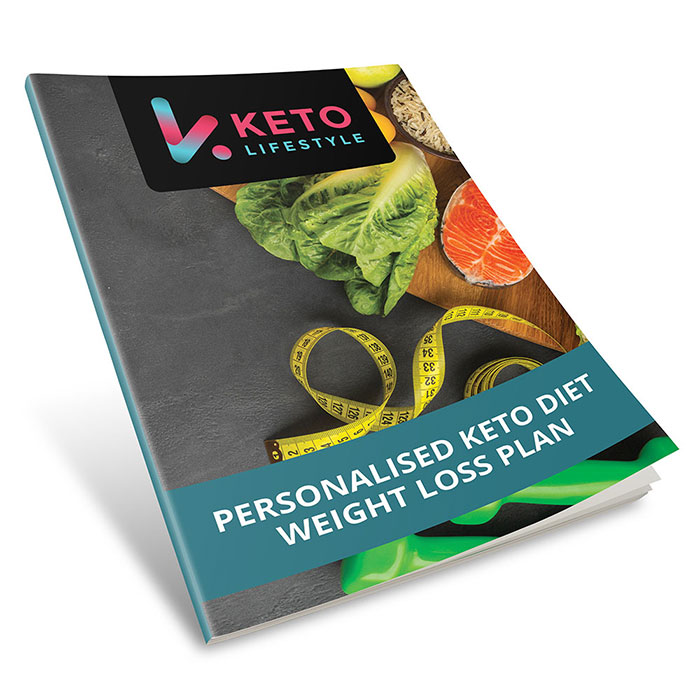As more and more people adopt plant-based diets for themselves, it’s only natural that they start to consider whether their furry friends should follow suit. After all, if a vegetarian or vegan diet can be healthy and sustainable for humans, why not for pets too? However, the decision to switch your pet to a veggie diet is not one to be taken lightly. There are both potential benefits and risks to consider, and it’s important to weigh them carefully before making any changes to your pet’s nutrition. In this article, we’ll explore the pros and cons of veggie diets for pets, and help you make an informed decision about what’s best for your furry companion.
1. “The Green Debate: Should Your Pet Go Veggie?”
As the world becomes more conscious of the impact of our choices on the environment, the debate around whether our pets should also adopt a vegetarian diet has gained momentum. While some argue that a plant-based diet is healthier for pets and better for the planet, others believe that it goes against their natural instincts as carnivores.
- Proponents of a vegetarian diet for pets argue that:
- Reduced carbon footprint: Meat production is a significant contributor to greenhouse gas emissions. By reducing the amount of meat consumed by pets, we can reduce their carbon footprint.
- Health benefits: A well-planned vegetarian diet can provide all the necessary nutrients for pets, and may even reduce the risk of certain health issues such as obesity and heart disease.
However, opponents of a vegetarian diet for pets argue that:
- Natural instincts: Dogs and cats are carnivores by nature, and their digestive systems are designed to process meat. A vegetarian diet may not provide all the necessary nutrients for their optimal health.
- Animal welfare: Some argue that feeding pets a vegetarian diet goes against their natural instincts and may be considered animal cruelty.
2. “Pros and Cons of Feeding Your Furry Friend a Plant-Based Diet”
Feeding your pet a plant-based diet has become a popular trend among pet owners. However, it is important to weigh the pros and cons before making the switch.
- Pros:
- Environmental impact: Plant-based diets have a lower carbon footprint than meat-based diets, making them a more sustainable option.
- Health benefits: Plant-based diets can provide a range of health benefits for pets, including improved digestion, weight management, and reduced risk of certain diseases.
- Cost-effective: Plant-based diets can be more cost-effective than meat-based diets, especially if you opt for homemade meals.
- Cons:
- Nutritional deficiencies: Plant-based diets may not provide all the necessary nutrients that pets need, such as protein, vitamin B12, and amino acids.
- Digestive issues: Some pets may have difficulty digesting plant-based diets, leading to gastrointestinal issues such as diarrhea and vomiting.
- Limited options: Plant-based pet food options are still limited, making it difficult to find a variety of options for your furry friend.
Ultimately, the decision to feed your pet a plant-based diet should be made in consultation with a veterinarian. They can help you determine if a plant-based diet is appropriate for your pet’s individual needs and provide guidance on how to ensure they receive all the necessary nutrients.
3. “Balancing the Scales: Navigating the Controversial World of Vegetarian Pet Nutrition
When it comes to vegetarian pet nutrition, there are many opinions and controversies surrounding the topic. Some pet owners believe that a vegetarian diet is the best option for their furry friends, while others argue that it is not a natural diet for carnivorous animals. Here are some tips for navigating the controversial world of vegetarian pet nutrition:
- Consult with a veterinarian: Before making any major changes to your pet’s diet, it is important to consult with a veterinarian. They can help you determine if a vegetarian diet is appropriate for your pet’s specific needs and provide guidance on how to ensure they are getting all the necessary nutrients.
- Research vegetarian pet food brands: There are many vegetarian pet food brands on the market, but not all are created equal. Do your research and choose a brand that uses high-quality ingredients and has been approved by veterinary nutritionists.
- Supplement with protein: If you do decide to feed your pet a vegetarian diet, it is important to supplement with protein to ensure they are getting enough of this essential nutrient. Good sources of protein for vegetarian pets include eggs, dairy, and soy products.
Ultimately, the decision to feed your pet a vegetarian diet is a personal one that should be made with careful consideration and consultation with a veterinarian. While it is possible for pets to thrive on a vegetarian diet, it is important to ensure they are getting all the necessary nutrients to maintain their health and wellbeing.
In conclusion, the decision to switch your pet to a vegetarian or vegan diet is a personal one that should be made after careful consideration of the potential benefits and risks. While these diets can provide some health benefits and may align with your ethical beliefs, it is important to ensure that your pet is receiving all of the necessary nutrients and that the diet is appropriate for their individual needs. Consulting with a veterinarian and doing thorough research can help you make an informed decision about whether a veggie diet is right for your furry friend. Ultimately, the most important thing is to prioritize your pet’s health and happiness, whatever their diet may be.

